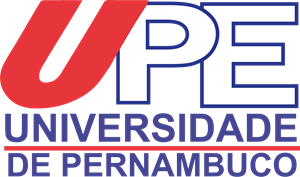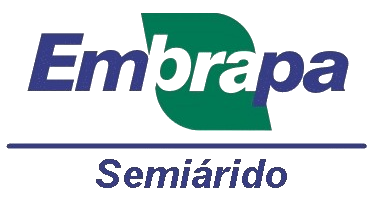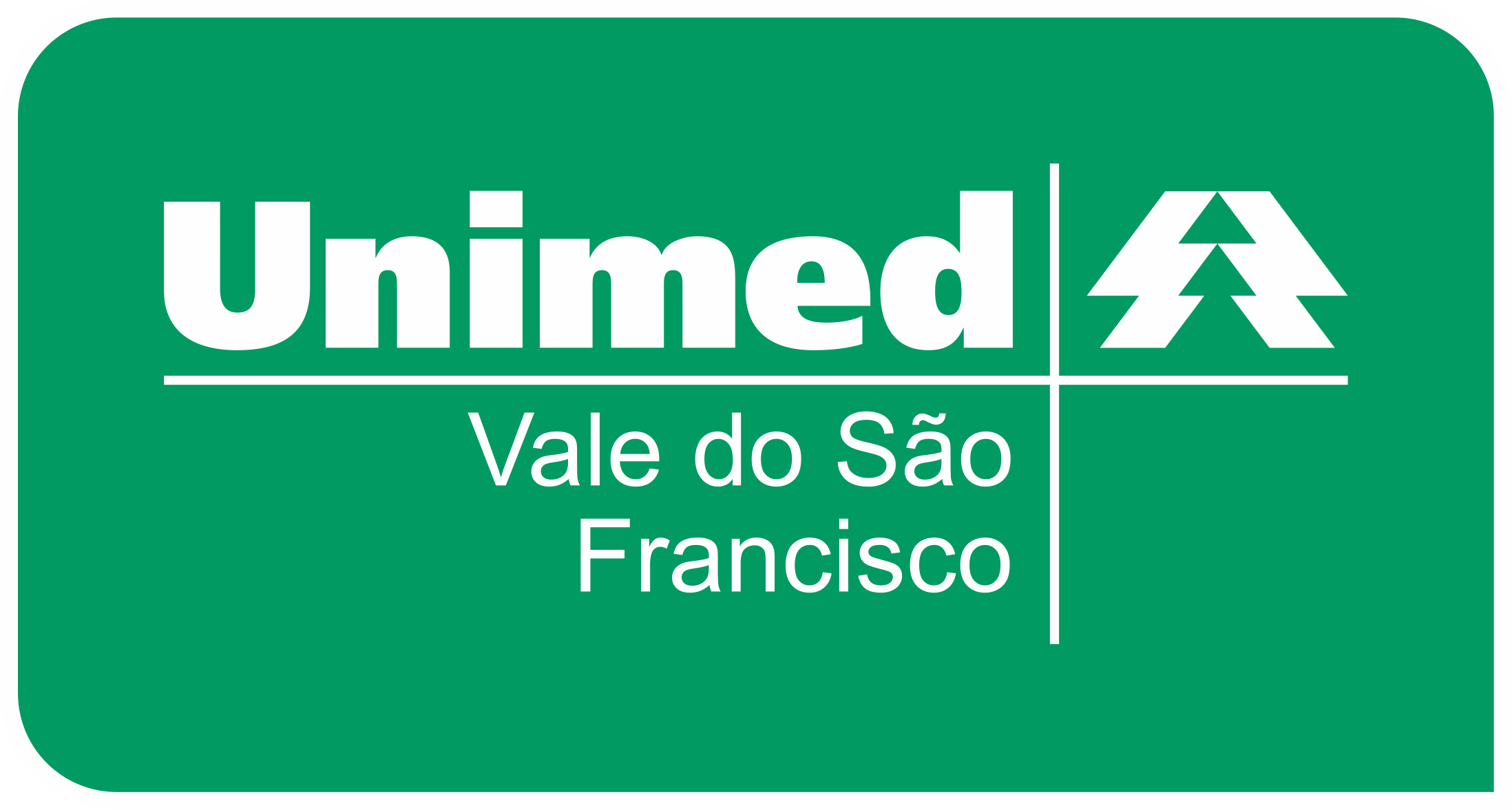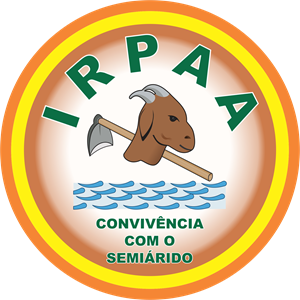MANAGEMENT OF SOLID URBAN WASTE IN SOME CITIES IN THE METROPOLITAN REGION OF BELO HORIZONTE (MG)
Keywords:
Solid waste management, public policy, economic instrument, SNISAbstract
The seriousness of the issue of solid waste management (RS) is already recognized by the extent of its impacts, regardless of the economic levels of populations, which place “garbage” as one of the main environmental problems of 21st century society, even with the institution regulatory frameworks for the management of these materials, such as the National Basic Sanitation Policy and the National Solid Waste Policy (PNRS). In this context, this article aims to characterize the management of urban SR in three cities located in the Metropolitan Region of Belo Horizonte (MG), based on secondary data from official databases, and through a descriptive and analytical research, comprising a case study based on the relevant literature and secondary data obtained from the IBGE and SNIS websites. Municipalities with a population greater than 200,000 and less than 350,000 inhabitants according to the IBGE, and which had submitted reports based on the SNIS, were chosen. Data from the reports presented from 2016 to 2018 were organized in a Microsoft Excel® spreadsheet and subsequently analyzed. The main results show that the administrations of these municipalities and their populations do not observe a concern with the management of RS, having as main focus the collection (and transport) and final disposal, ignoring other strategies and practices, despite the existence of national and state policies. . Despite the size of the databases consulted, due to their inconsistencies and failures, it was not possible to draw a complete overview of this SR management, which makes it difficult not only its execution but also the establishment of good practices to be adopted in different contexts and territorialities.
Downloads
Downloads
Published
Versions
- 2022-11-11 (2)
- 2022-09-10 (1)
Issue
Section
License
Copyright (c) 2021 Green Journal

This work is licensed under a Creative Commons Attribution-NonCommercial-NoDerivatives 4.0 International License.


































